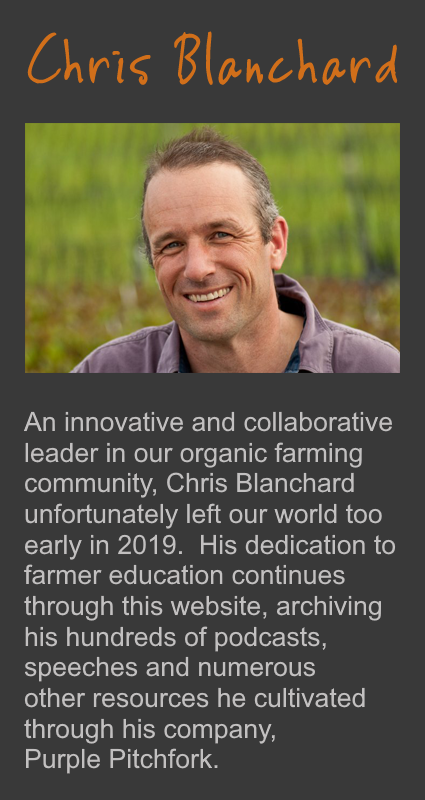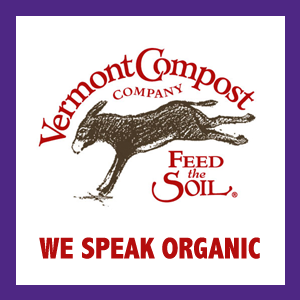Systematically better results don’t usually result from the acquisition of a new tool, or doing a “better” job of adjusting your cultivators, repairing the leaks in your drip tape, or washing the carrots. Instead, better results come from better organization and coordination of the resources you have available and the activities you do with them.
On my own farm, and in my work with farmers around North America, the key to systematically better results has been to spend time managing – not weeding, not planting, not telling employees what to do, but engaging in the relatively simple act of observing, capturing information about what needs to be done, and making a plan to do it.
In my experience, the weekly field walk is the key black-belt move that makes the difference between managing and reacting. Every week, every field, high-tunnel, and greenhouse should get a visit for the sole purpose of observing and recording the work that needs to be done there: what weeding tool should be applied? Does the cover crop need to be mowed? Are the crops going to be ready to harvest this week or next? Are the transplants being over- or under-watered. By observing with intention, you increase the opportunities to catch problems before they get out of control, monitor the results of the choices you made previously, and plan the appropriate actions in response.
By engaging in this sort of ongoing development of a high degree of situational awareness, you set the stage for being pro-active, rather than re-active. You can plan your cultivation activities so that when the weather is right (or when the employees go home, or the crops are harvested), you aren’t trying to decide what to do, you just do it. You don’t miss weeds going to seed in your cover crop, or allow it to go past the optimal plow-down stage. You can find recipes for the CSA box before you’re writing the newsletter, and you can let wholesale accounts know that the broccoli will be ready, rather than that it is ready, allowing buyers time to adjust inventory. You can correct errors before they become chronic problems or flat-out crises.
A weekly review of what needs to be done and the overall condition of the farm elevates you from putting out fires to watching for hot spots, and puts you in the driver’s seat rather than just being along for the ride.
On my own farm, and in my work with farmers around North America, the key to systematically better results has been to spend time managing – not weeding, not planting, not telling employees what to do, but engaging in the relatively simple act of observing, capturing information about what needs to be done, and making a plan to do it.
In my experience, the weekly field walk is the key black-belt move that makes the difference between managing and reacting. Every week, every field, high-tunnel, and greenhouse should get a visit for the sole purpose of observing and recording the work that needs to be done there: what weeding tool should be applied? Does the cover crop need to be mowed? Are the crops going to be ready to harvest this week or next? Are the transplants being over- or under-watered. By observing with intention, you increase the opportunities to catch problems before they get out of control, monitor the results of the choices you made previously, and plan the appropriate actions in response.
By engaging in this sort of ongoing development of a high degree of situational awareness, you set the stage for being pro-active, rather than re-active. You can plan your cultivation activities so that when the weather is right (or when the employees go home, or the crops are harvested), you aren’t trying to decide what to do, you just do it. You don’t miss weeds going to seed in your cover crop, or allow it to go past the optimal plow-down stage. You can find recipes for the CSA box before you’re writing the newsletter, and you can let wholesale accounts know that the broccoli will be ready, rather than that it is ready, allowing buyers time to adjust inventory. You can correct errors before they become chronic problems or flat-out crises.
A weekly review of what needs to be done and the overall condition of the farm elevates you from putting out fires to watching for hot spots, and puts you in the driver’s seat rather than just being along for the ride.




 RSS Feed
RSS Feed
